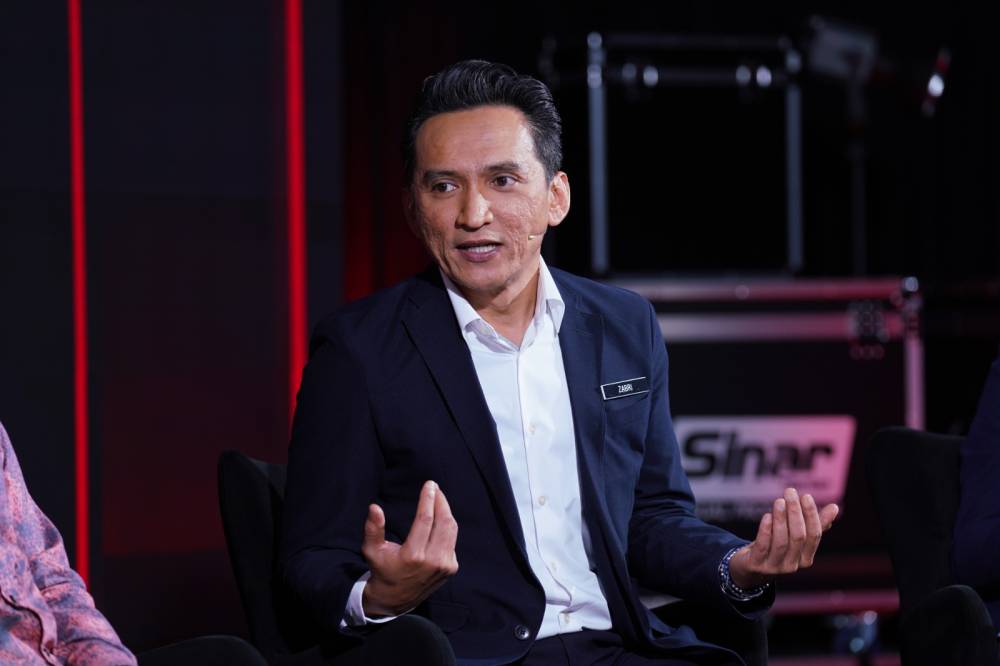Social media licensing facilitates authorities obtain information on cybercrime
Authorities faced difficulties in obtaining information for investigations when social media service providers were based overseas.

SHAH ALAM - Licensing social media platforms in the country is a positive step as it helps authorities obtain information when dealing with cybercrime.
CyberSecurity Malaysia, Cybersecurity Responsive Services vice president Mohd Zabri Adil Talib said previously, authorities faced difficulties in obtaining information for investigations when social media service providers were based overseas.
He said Malaysian authorities lacked the power to compel these companies to provide information.
"With this new measure, social media providers must comply with the set conditions to obtain a licence and must withdraw the service if they fail to do so.
"One of the conditions is that they must be willing to provide information for investigative purposes.
"If they do not cooperate, their licence will be revoked and they will not be able to operate in Malaysia," he said.
He said this during the Wacana Sinar 451 edition programme entitled "Selamatkah alam siber kita?" aired live on all Sinar Harian platforms, yesterday.
The programme was moderated by Ismail Adnan and included two other panellists who were Ledang MP Syed Ibrahim Syed Noh and Malaysian Cyber Consumer Association (MCCA) President Siraj Jalil.
Zabri added that Malaysia's laws differed from those of other countries.
For example, he said Malaysia does not address issues like religion, royalty or ethnicity whereas the United States practises freedom of speech.
"In their case, providing such information does not violate their laws, so why should they provide it?
"They might hide behind claims of user privacy. Without complete information, authorities cannot take action against cybercrime.
"This may help control cybercrime, but overly restricting social media is unfair since it also has benefits, including being a source of income for some people," he said.









